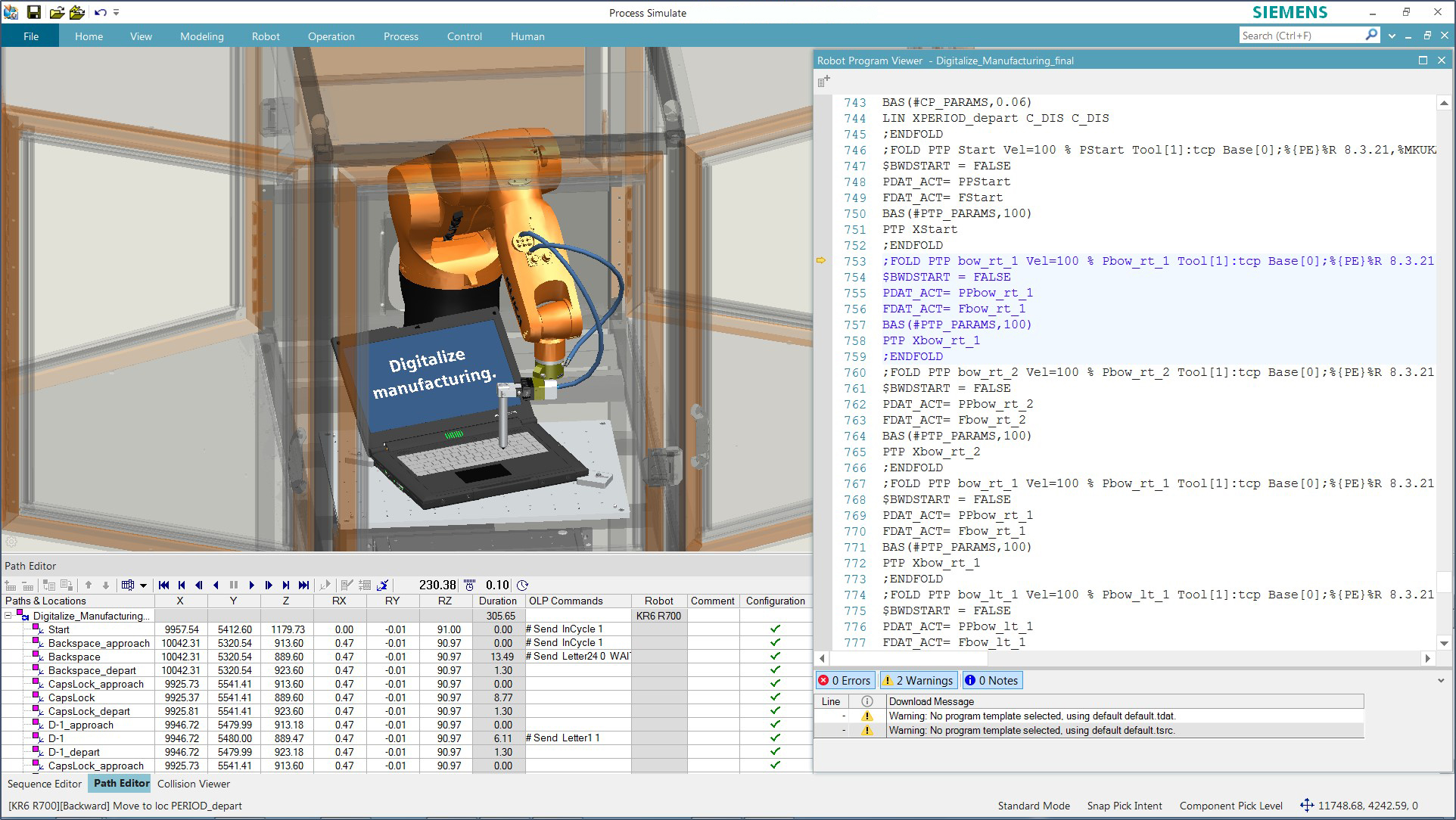|
Natural Language Processing (NLP) is a revolutionary field of artificial intelligence that focuses on the interaction between computers and human language. It enables machines to understand, interpret, and respond to human language in a manner that feels natural and intuitive to us. Over the years, NLP has witnessed significant advancements and is now poised to transform the future of communication across various industries. One of the prominent applications of NLP is in the field of intelligent virtual assistants, such as Siri, Alexa, and Google Assistant. These voice-activated assistants use NLP algorithms to process and understand spoken language, providing users with seamless interactions and performing tasks based on their commands. From setting reminders to searching the web, these virtual assistants have become an integral part of our daily lives, simplifying tasks and enhancing productivity. Another notable application of NLP is sentiment analysis. With the advent of social media and online platforms, there is an abundance of unstructured text data generated by users worldwide. Sentiment analysis techniques powered by NLP enable businesses to extract valuable insights from this data, helping them understand consumer opinions, preferences, and trends. By analyzing customer feedback and sentiments, companies can make informed decisions, improve products and services, and deliver a personalized experience to their target audience. NLP also plays a crucial role in the healthcare industry. Electronic health records contain vast amounts of textual information that can be challenging to analyze manually. NLP algorithms can extract relevant information from these records, enabling healthcare professionals to make accurate diagnoses, identify patterns, and develop personalized treatment plans. Additionally, NLP-powered chatbots can assist patients by answering their queries, offering guidance, and providing immediate support when needed. Furthermore, NLP has paved the way for machine translation systems, breaking down language barriers and enabling global communication. Platforms like Google Translate utilize NLP techniques to convert text from one language to another, facilitating cross-cultural interactions, business collaborations, and knowledge sharing. While machine translation is not perfect, continuous advancements in NLP algorithms are improving its accuracy and making it an invaluable tool for multilingual communication. As we look ahead, the future of NLP holds immense potential. With ongoing research and development, NLP algorithms will become increasingly sophisticated, capable of understanding context, nuances, and even emotions embedded in human language. This will lead to the development of more advanced virtual assistants, chatbots, and automated customer service systems that can engage in natural conversation, offering personalized experiences to users. However, ethical considerations surrounding NLP should also be addressed. Privacy concerns, biases in language models, and the responsible use of data are critical factors that need careful attention. It is crucial to ensure that NLP technologies are designed and deployed ethically, safeguarding user privacy and promoting fairness and inclusivity. In conclusion, Natural Language Processing is revolutionizing the way we communicate with machines. Its applications span across industries, empowering businesses, healthcare providers, and individuals alike. As NLP continues to evolve, we can expect enhanced language understanding, improved translation capabilities, and more seamless interactions between humans and machines. By harnessing the power of NLP responsibly, we can unlock a future where technology truly understands and connects with us on a deeper level.  |
